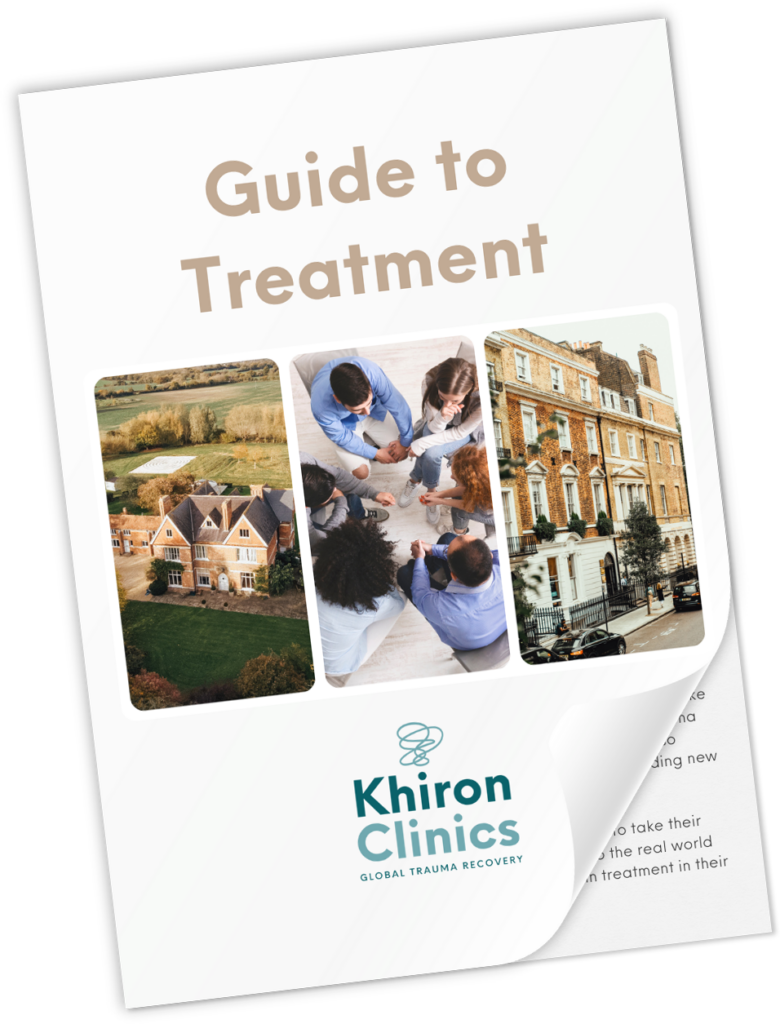Imagine the following:
It’s been a long day at work, and you decide to go out for drinks with your colleagues. You have a few glasses and go home to drink some more. You’ve been stressed out lately, and you just wanted something to take the edge off. Your significant other is concerned about you, saying that you’ve been working too much and drinking often after work. You think to yourself, “I pay the bills and manage my professional career, what does it matter if I drink?”
Many Brits drink socially, daily, or even on occasion to “lighten up” and relax. Our society has normalized drinking as a way to not only have fun and interact with others, but also to wind down after being stressed or going through a distressing event. If you drink on occasion, and it’s not causing you any problems in your life, you likely have nothing to worry about. If your loved ones are concerned, and if it’s affecting your health, or your ability to carry out daily tasks, or the way you think and perceive yourself and life, then you could be abusing alcohol.
Dr. Tian Dayton, author, national speaker, and director of The New York Psychodrama Training Institute described on The Huffington Post this vicious cycle that alcohol can have for us as we use it to cope:
- We’re in a bad mood, we feel anxious, angry, or depressed, and we aren’t sure how to handle these undesirable feelings.
- We discover that a few drinks can really take the edge off, and this makes us feel lighter and more at ease. What a nice break!
- We start utilizing alcohol as a coping skill, and we use less of our own coping skills – that is, we don’t talk about what’s bothering us, we don’t seek help, and we don’t practice other healthy self-coping mechanisms.
- Our dependency to alcohol starts to linger in the back of our mind, and this is when alcohol really begins to have noticeable effects on our daily life.
- Problems continue to persist as we dive further into this world of alcoholism. Our loved ones may express concern, we may find ourselves in trouble with the law, or something else.
- We continue on this path, unless we intervene and seek help before it all worsens.
The cycle of addiction typically starts and ends this way, and all because we don’t know how to effectively cope with the pain we’re experiencing. Seek out a reputable, professional treatment center today. Recovery is possible, and you are not alone. You do not have to do this any longer.
Learning to be is part of the process of trauma recovery. Stop the cycle of merry-go-round treatment and find the solution you’re looking for in trauma treatment. Through effective residential treatment, Khiron House helps you find the path you need toward health and wellness in recovery. For information, call us today. UK: 020 3811 2575 (24 hours). USA: (866) 801 6184 (24 hours).


